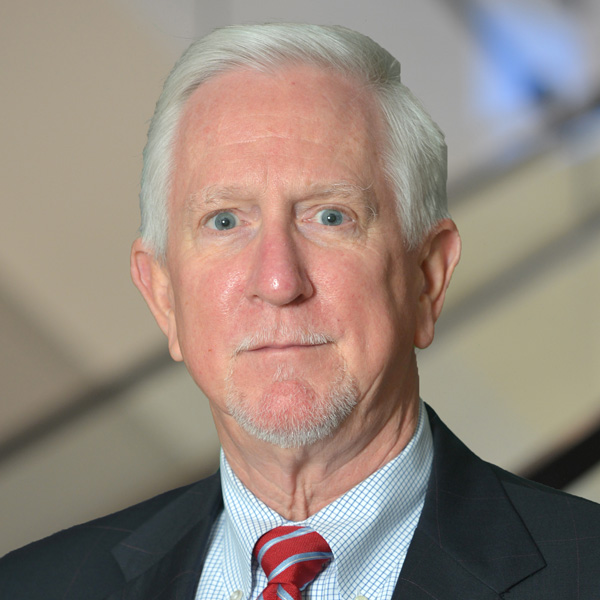Bayh-Dole Act Did Not Change This Long-Standing Principle - Stanford University Loses Argument That It Owned Collaborative Faculty Invention
Employers Should Be Careful To Avoid Conflicting IP Assignment Rights When Employees Work in Collaborative Ventures or Research
Under long standing principles of U.S. patent laws going back to the 1790's, patents are initially awarded to inventors, and not to their employers. It is and has been customary for employers to obtain assignments (and "agreements to assign") of inventions from their inventive employees. A patent application must be initially filed in the name of the actual inventor, but can be assigned to an employer immediately upon filing.
The U.S. Supreme Court held on June 6, 2011, that the Bayh-Dole Act (35 U.S.C. § 200) did not operate to grant title to an invention of a faculty member of Stanford University, in a circumstance where an employment agreement with Stanford and a "visitor's agreement" with a California research company called Cetus conflicted as to who owned the patent rights.Board of Trustees for Leland Stanford Junior University v. Roche Molecular Systems, Inc., U.S. No. 09-1959.
As is customary for research institutions, Stanford University obtained a conventional "agreement to assign" inventions from one its researchers, Dr. Holodniy. This agreement arguably gave the university the right to own any inventions he came up with while employed by Stanford. Dr. Holodniy, however, was sent to work with Cetus on an HIV testing technology. At Cetus, he signed a "visitor's agreement" that gave Cetus rights in any inventions made as a consequence of his collaboration with Cetus. The agreement with Stanford was fundamentally in conflict with the agreement with Cetus.


